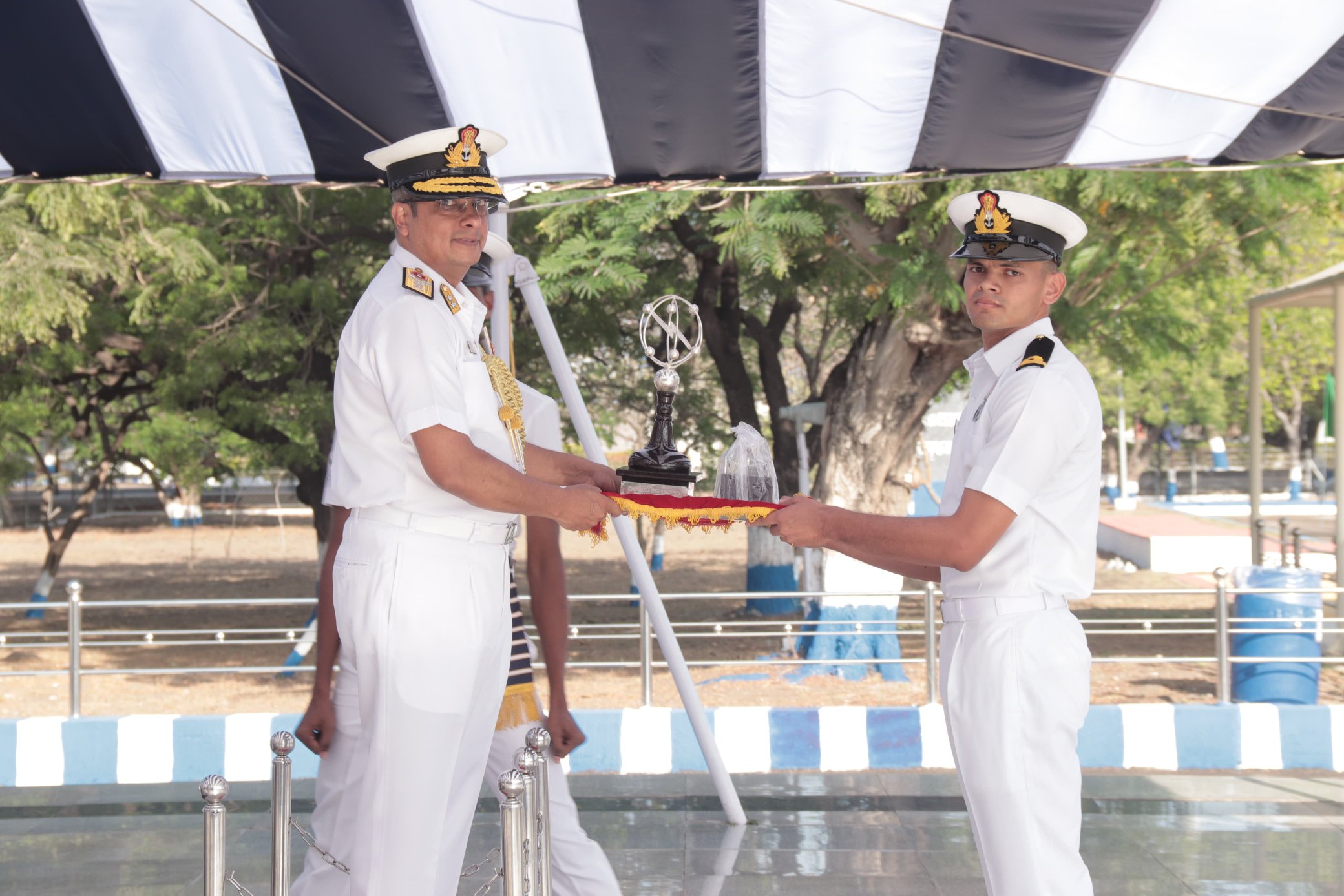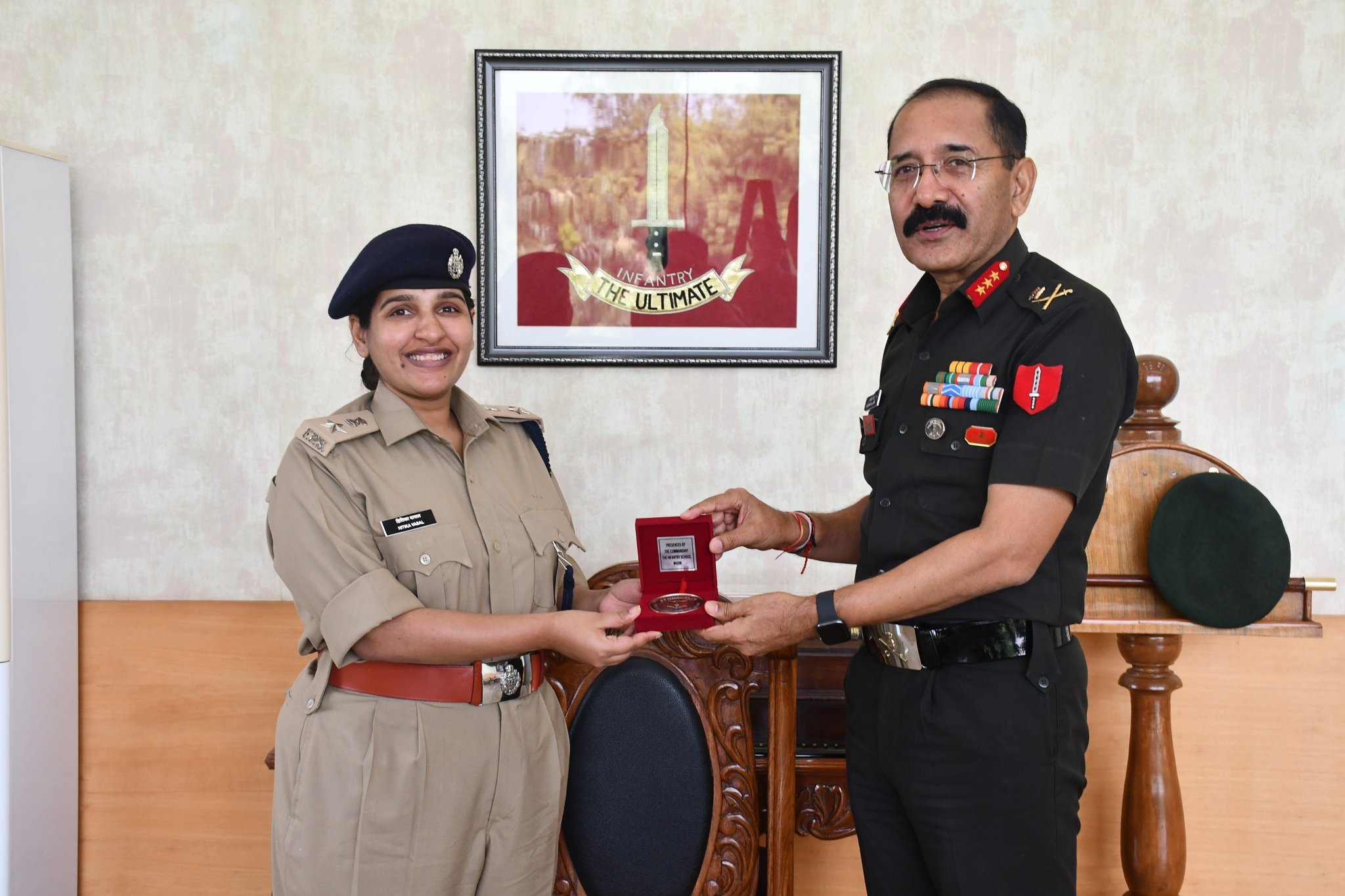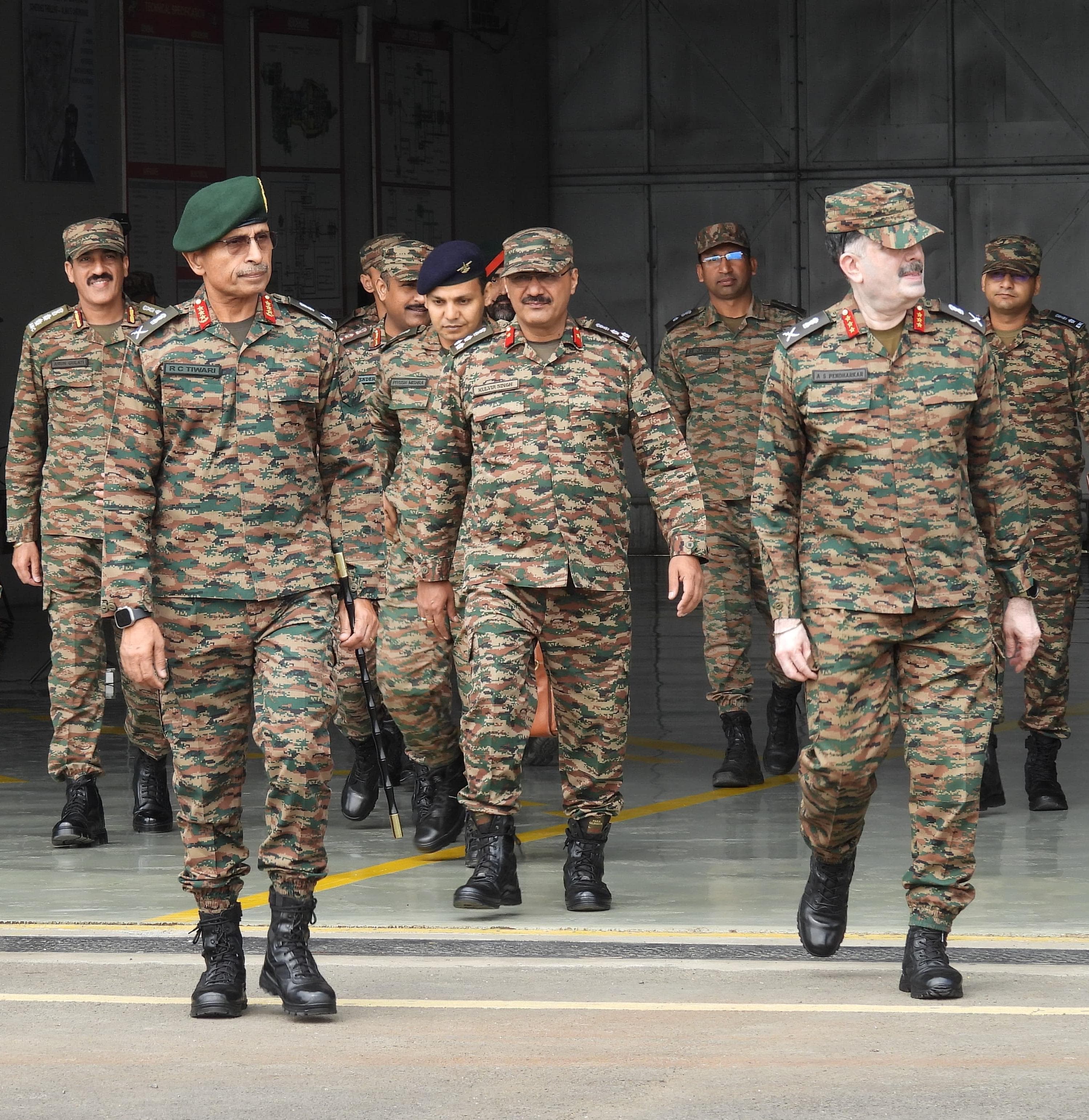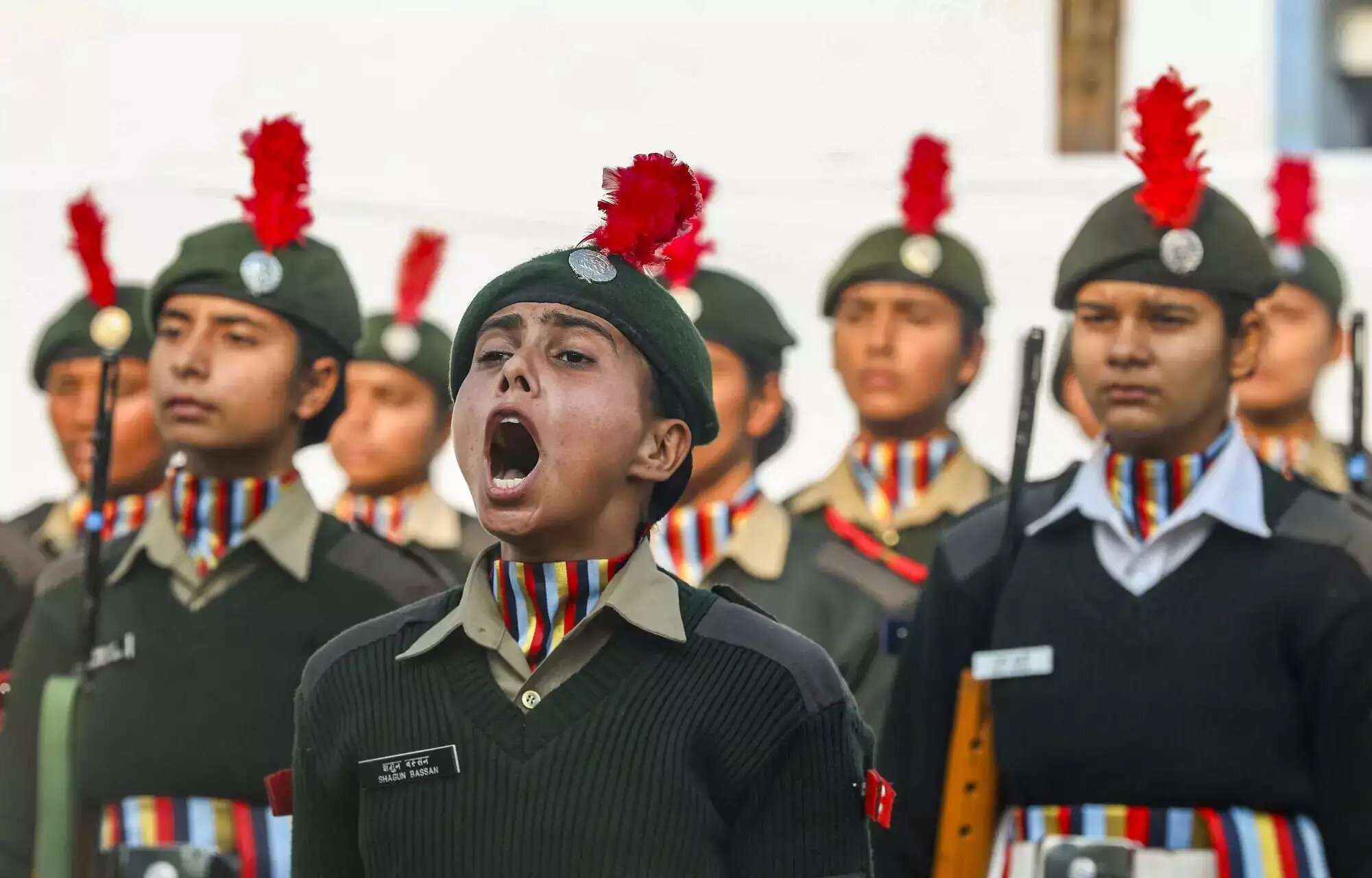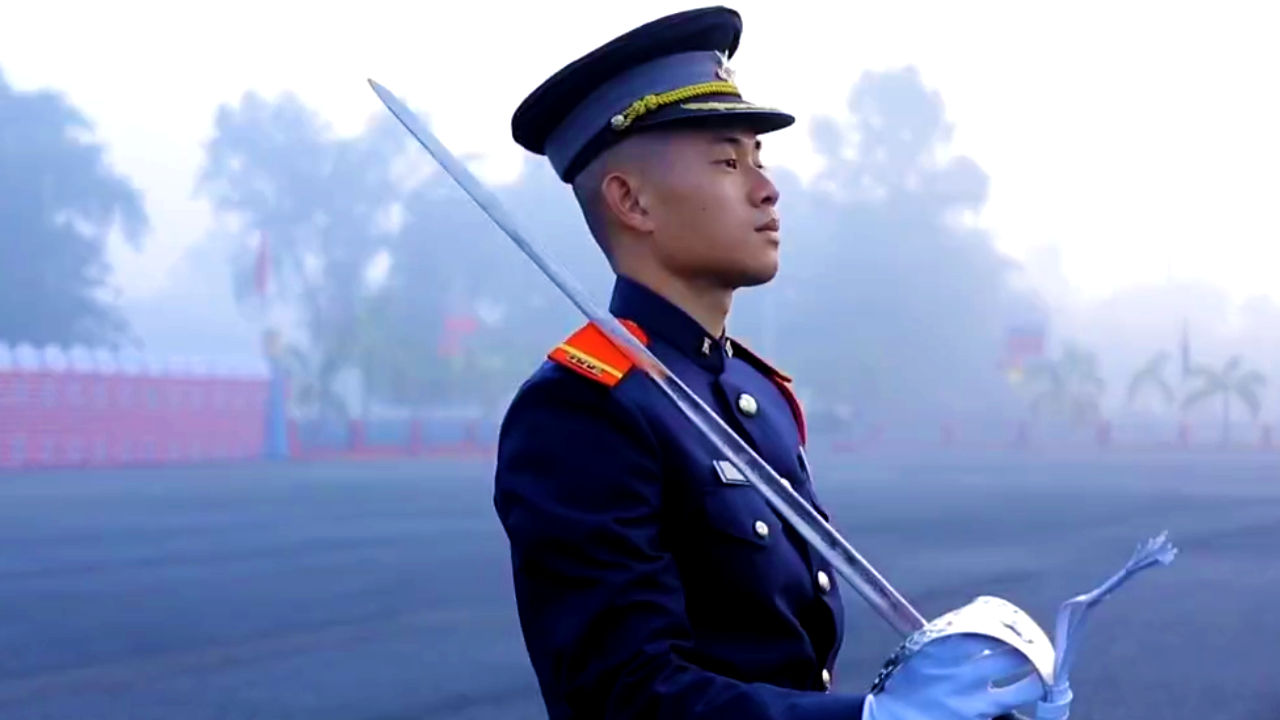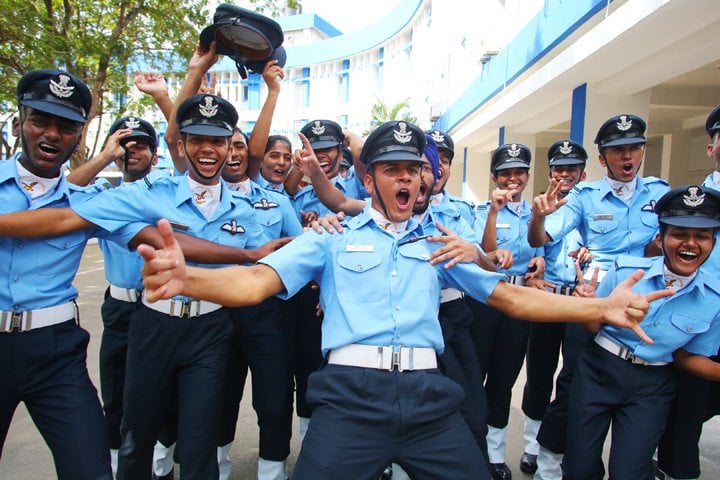The Supreme Court has instructed women officers of the short service commission in the Indian Navy, who have been denied promotion to the rank of captain, to seek relief through the Armed Forces Tribunal (AFT). A bench comprising Justices Surya Kant and Ujjal Bhuyan commented that the promotion issues, which emerged following the landmark verdict on March 17, 2020, which allowed for the permanent commissioning of women officers, necessitate a thorough examination of individual cases by the AFT.
During the proceedings, the bench emphasized the complexity surrounding the evaluation of promotion criteria, which includes benchmark requirements, cutoff dates, annual confidential report assessments, and inter se seniority considerations. It granted the officers the freedom to approach the AFT while also directing the tribunal to expedite the resolution of their petitions within four months, noting that the matter of these promotions has been unresolved for over a decade.
Counsel representing the women officers argued that the Supreme Court’s 2020 verdict had promised consequential benefits, including promotions for affected officers, which have not been fulfilled. The bench indicated that if there was indeed a failure to comply with the court’s directives, a contempt petition could be warranted rather than the miscellaneous application that had been submitted by the officers.
The attorney general representing the Centre, R Venkataramani, acknowledged that while the permanent commissions had been granted post-verdict, certain officers had not met the required benchmarks over the past three years. He stated that aggrieved officers could address their concerns through the AFT.
The bench also noted the influx of individual cases related to promotions that had been presented in court, suggesting that consolidating such matters within the AFT could lead to more effective adjudication, given the factual and legal complexities involved.
In its 2020 ruling, the Supreme Court had taken significant steps toward gender equality within the armed forces by dismantling discriminatory practices. It highlighted that women officers should not face additional barriers due to entrenched stereotypes surrounding their capacity to undertake certain duties. The court’s decision also effectively nullified earlier policies that restricted the permanent commissioning of women to select categories.
The court’s judgment stated that granting a level playing field is essential for women to overcome historical discrimination in military ranks. It noted that deeply ingrained gender stereotypes, which suggest that male officers are inherently more suited for specific roles due to physiological traits, should not be accepted as justification for denying equal opportunities.
As the discussions unfold, the emphasis remains on ensuring fair and equitable treatment for women officers in the armed forces, reinforcing the commitment to dismantling systemic biases and fostering an environment where capability and performance are the driving factors for advancement.





